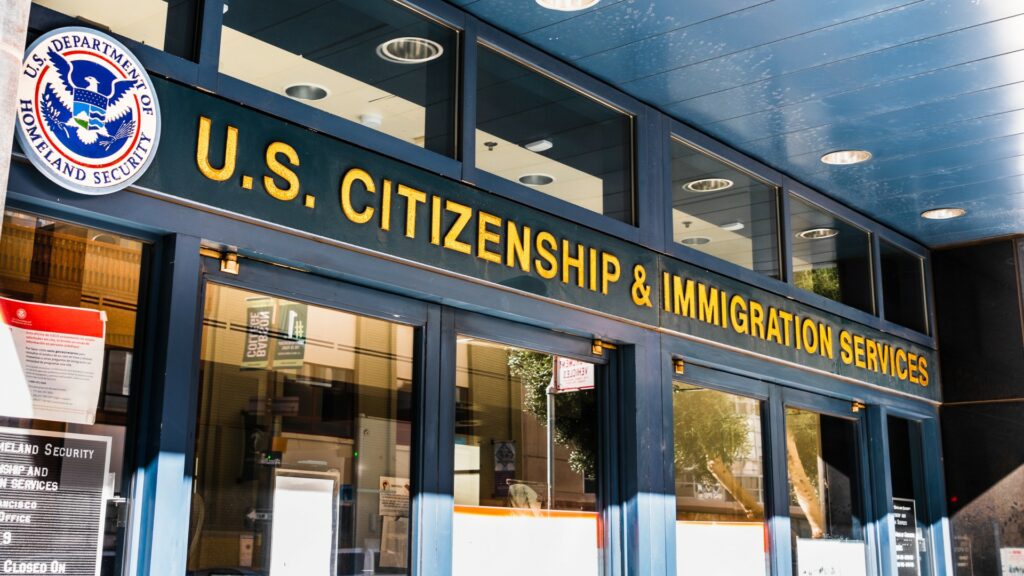United States Citizenship and Immigration Services (USCIS) has released updated policy guidance regarding H-4, L-2 and E spousal work permit authorization.
The new policies come as a result of the Department of Homeland Security (DHS) reaching a settlement agreement last week in the class action lawsuit Shergill, et al. v. Mayorkas and should help thousands of individuals whose case adjudications have been delayed because of backlogs at USCIS, which stem from the COVID-19 pandemic and other factors. The policies are in effect immediately.
L-2 and E Spouses
In practical terms, the settlement means that in the future, L-2 and E spouses will automatically be eligible to work in the United States upon effective L-2 or E spousal status pursuant to their Form I-94 and without having to apply for an Employment Authorization Document (EAD).
USCIS and Customs & Border Protection (CBP) will revise the Form I-94 to indicate that the bearer is an L-2 or E spouse so that it can be used as a List C document for Form I-9 purposes. The agency will have 120 days to complete that update, per the terms of the settlement agreement. Once that occurs, the revised I-94 record will serve as a List C document for I-9 purposes.
However, in the meantime, while USCIS and CBP work to make that change, an EAD is the only acceptable document for L-2 and E spouses which demonstrates employment authorization for I-9 purposes. Those L-2 and E spouses with timely-filed renewal EAD applications can, however, “receive automatic extensions of their EADs” for the shorter of:
- 180 days from the expiration date on the existing EAD;
- The approval or denial of the EAD renewal application; or
- The individual’s L-2 or E spousal status expiration as noted on the Form I-94.
For I-9 purposes, these spouses seeking to work under the automatic EAD extension can present employers with:
- Their expired EAD indicating Category A18;
- Form I-797 Receipt Notice from the EAD renewal application showing “Class requested” as “(a)(18)” and receipt date before the EAD expired; and
- An unexpired Form I-94 record showing valid L-2 or E status.
H-4 Spouses
While H-4 individuals generally do not have employment authorization, H-4 individuals are currently eligible to apply for employment authorization where the H-1B principal applicant has an approved I-140. Individuals on H-4 status will receive an automatic extension of their Employment Authorization Document (EAD) for up to 180 days if the EAD renewal application was timely filed before the expiration of their current H-4 EAD. Per the USCIS policy and terms of the settlement, the automatic extension will expire on the earlier of:
- The individual’s H-4 status expiration as noted on Form I-94;
- The approval or denial of the EAD renewal application; or
- 180 days from the expiration date on the existing EAD.
For I-9 purposes, these spouses seeking to work under the automatic EAD extension can present employers with:
- An unexpired Form I-94 record showing valid H-4 status;
- The expired EAD indicating Category (C)(26); and
- The Form I-797 Receipt Notice from the EAD renewal application showing “Class Requested” as “(C)(26)” and receipt date before the EAD expired.
“USCIS believes that these changes will help to avoid gaps in employment authorization and documentation for those H-4, E, and L dependent spouses with an EAD renewal application that does not first require adjudication of an underlying application,” the policy guidance reads.
The guidance continues: “This change will help not only such H-4, E, and L dependent spouses, but also their U.S. employers and other workers employed with those U.S. employers who might also feel the adverse impact of disruption in the H-4, E, and L dependent spouses’ lapse in employment authorization.”
The attorneys at Garfinkel Immigration continue to monitor USCIS updates regarding these changes. Please contact the attorneys at Garfinkel Immigration Law Firm with any questions and/or to receive more details as information evolves.

